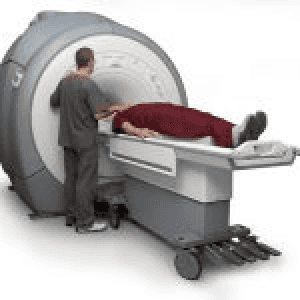
Cognitive tests can help diagnose approximately 70 percent of people with Alzheimer’s disease. Although scientists don’t yet have good drugs to prevent this devastating dementia, they are studying other sorts of interventions that may be helpful if the condition can be diagnosed before too much brain damage has occurred. To do that, they will need new tests that work better than the current assessments.
New MRI Helps with Detection of Alzheimer’s Disease:
Investigators at Washington University report that a new MRI called diffusion tensor imaging can detect 90 percent of people with Alzheimer’s disease years before they show clinical symptoms. Diffusion tensor imaging reveals the brain’s white matter by looking at how water molecules move within the brain. There were 61 individuals in this study. Approximately half of them ultimately developed Alzheimer’s disease. This study is to be presented at the Radiological Society of North America meeting in Chicago on November 25, 2018.
Other New Technology to Help Diagnose Alzheimer’s Disease:
The new MRI is not the only advance that may help with early diagnosis. Scientists recently reported that a new technology to image the retina, optical coherence tomography angiography, can detect early Alzheimer’s disease. The test is even capable of distinguishing between mild cognitive impairment and the first stages of Alzheimer’s disease. Cognitive tests struggle with that.
Until these new technologies become widely available, do your best to avoid medications that can contribute to confusion. You might want to listen to Dr. Dale Bredesen explain how he has been able to help people reverse Alzheimer’s disease.

